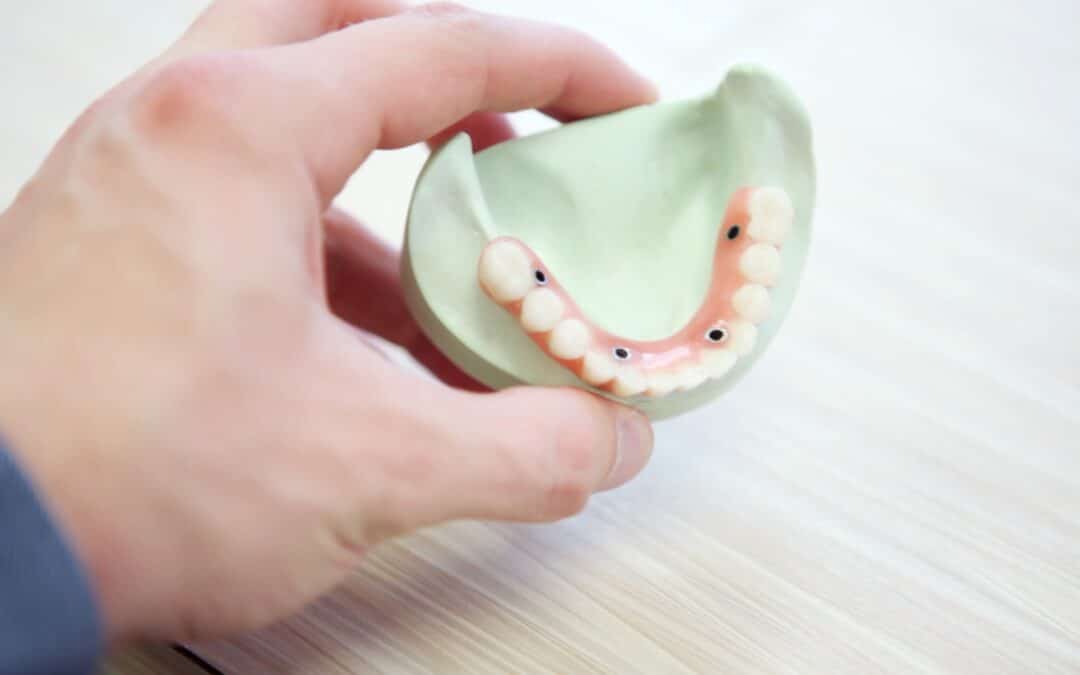If you have missing teeth, there are several options available to replace them. Two of the most popular options are dental implants and bridges. Both can provide functional and aesthetic benefits, but they differ in their method of installation and maintenance.
Here’s a breakdown of the differences between dental implants and bridges:
Dental Implants
Dental implants are prosthetic teeth that are surgically implanted into your jawbone. They consist of three main parts: the implant post, abutment, and crown. The implant post is a small screw made of titanium that is inserted into the jawbone. Over time, the implant fuses with the bone, providing a stable and permanent base for the crown. The abutment is a connector that attaches the crown to the implant post.
Dental implants are often preferred by patients because they look and feel like natural teeth. They are also durable and can last a lifetime with proper care. However, the process of getting dental implants can take several months and requires multiple appointments with your dentist. Additionally, dental implants can be more expensive than bridges.
Bridges
Bridges are prosthetic teeth that are anchored to the adjacent natural teeth using dental crowns. The crowns are placed over the natural teeth on either side of the gap, and the prosthetic tooth is suspended in the middle. Bridges can be made from a variety of materials, including porcelain, metal, and ceramic.
Bridges are a popular option because they are less invasive than dental implants and can be completed in fewer appointments. They are also less expensive than dental implants. However, bridges require the natural teeth on either side of the gap to be filed down to accommodate the crowns. This can weaken the natural teeth and make them more susceptible to decay and damage.
Which Option Is Right for You?
When deciding between dental implants and bridges, there are several factors to consider. Your dentist will take into account your oral health, the location of the missing teeth, your budget, and your aesthetic goals.
If you have good oral health and strong jawbone density, dental implants may be the best option. They are a permanent solution that looks and feels like natural teeth. However, if you have weakened natural teeth or a limited budget, bridges may be a better choice.
Ultimately, the decision of whether to get dental implants or bridges depends on your unique needs and preferences. Your dentist can help you make an informed decision based on your oral health and treatment goals.
In conclusion, dental implants and bridges are both effective options for replacing missing teeth. Dental implants offer a permanent and natural-looking solution, while bridges are a more affordable and less invasive option. Consult with your dentist to determine which option is right for you.


